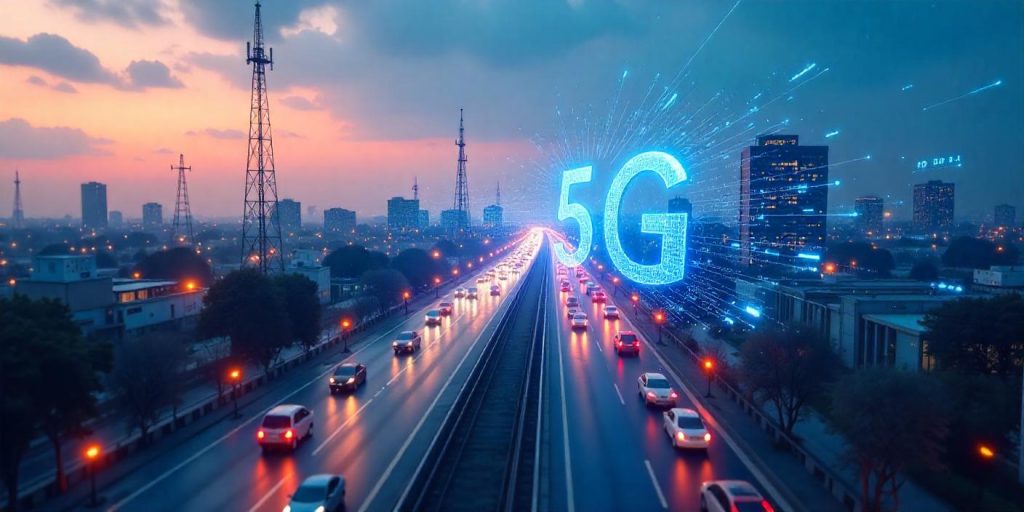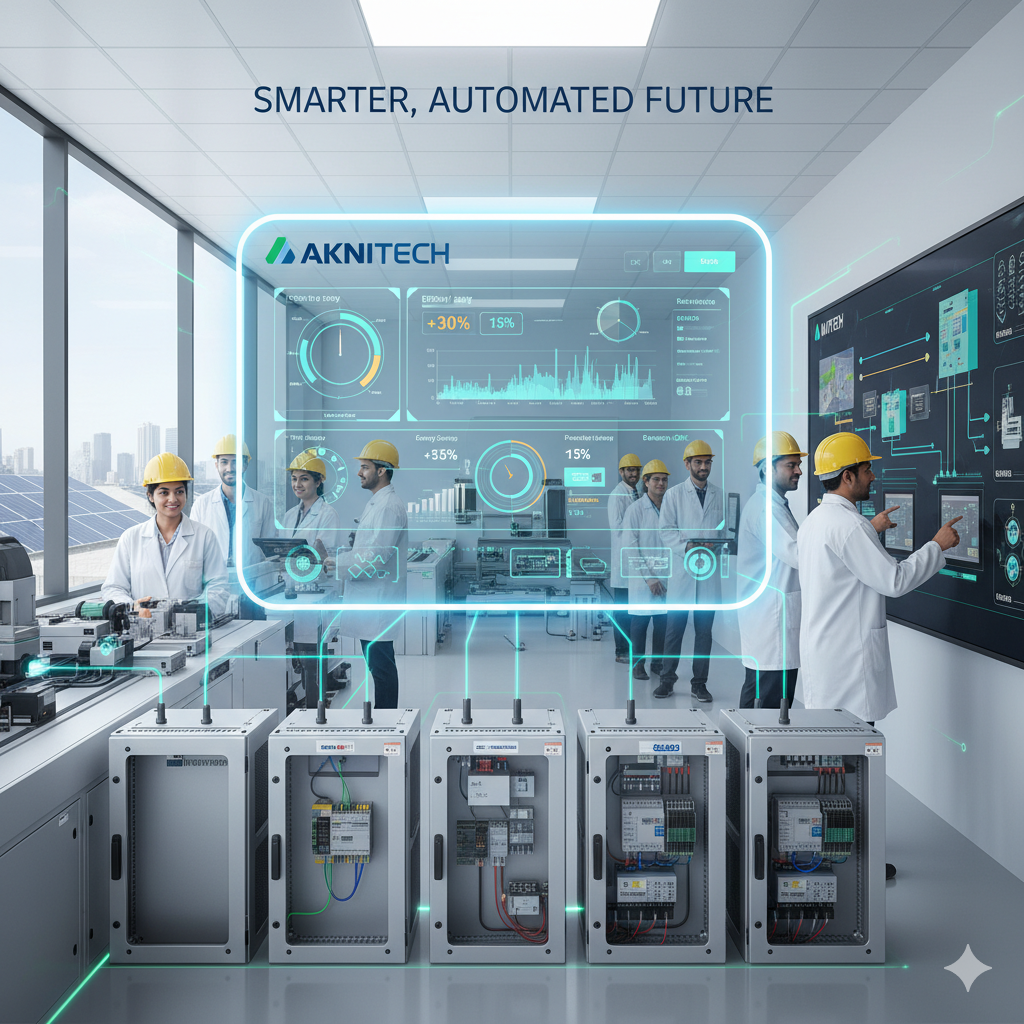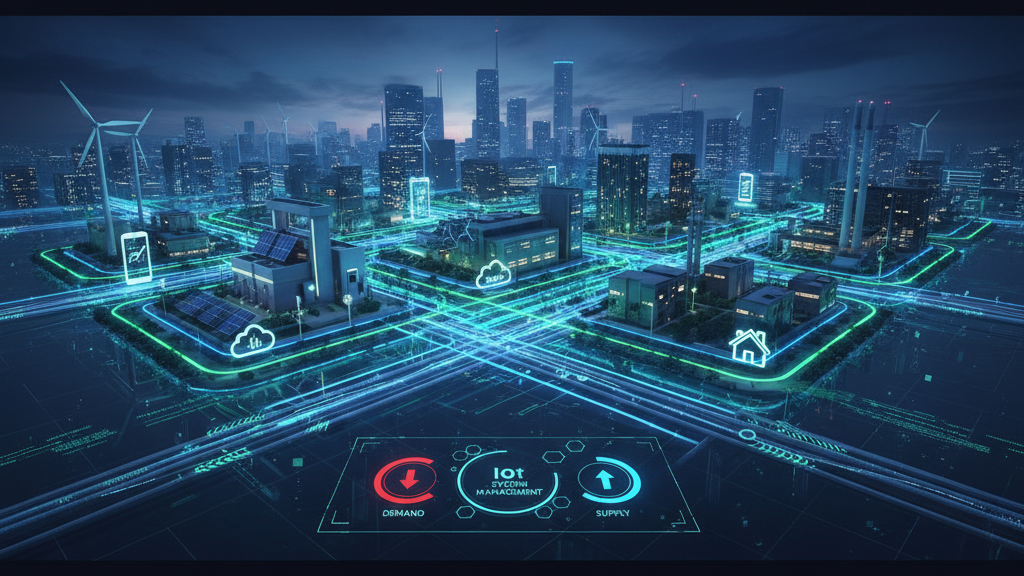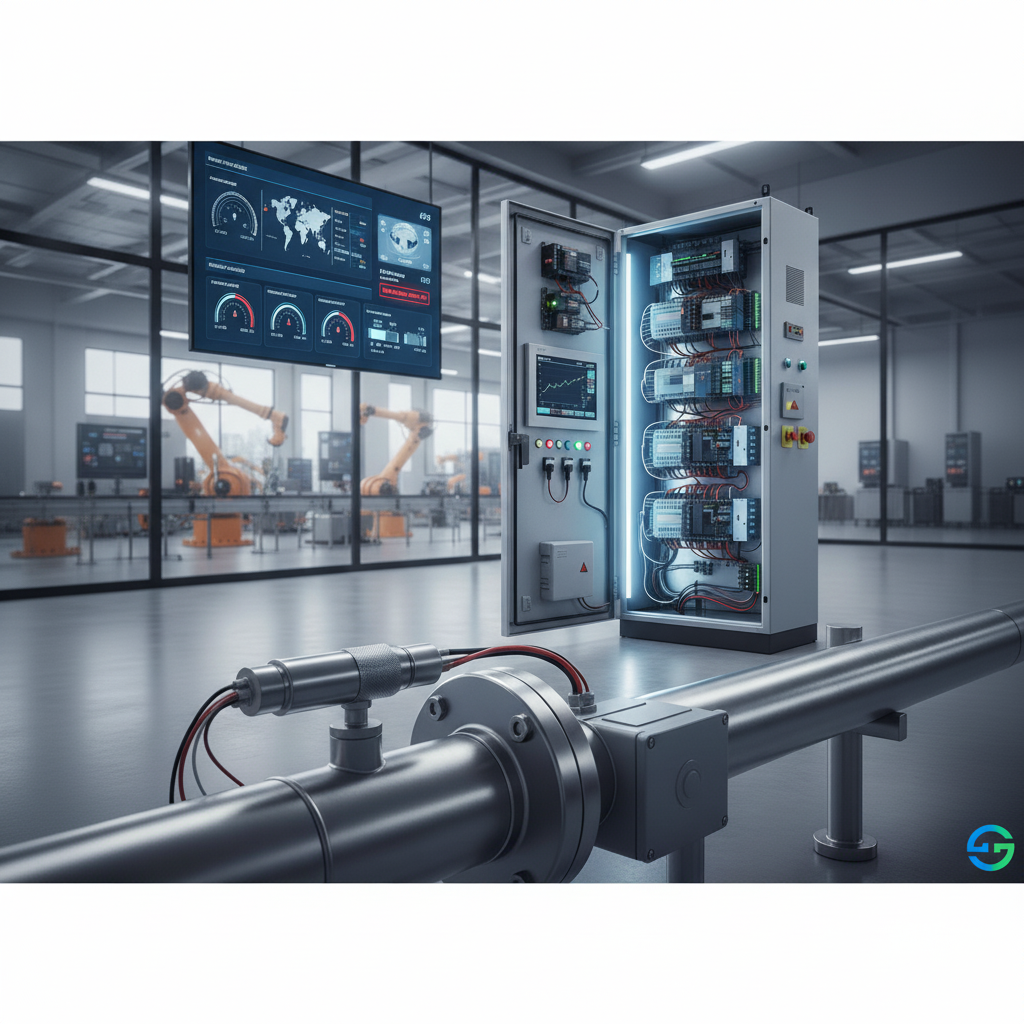The Future of IoT is filled with incredible potential, driven by the integration of emerging technologies such as 5G, artificial intelligence (AI), and enhanced data analytics. As billions of devices become interconnected, IoT will revolutionize industries, cities, and personal lives. However, with these advancements come challenges related to IoT ethics and regulation, which will shape the responsible and secure development of this technology. In this blog, we’ll explore how IoT is expected to evolve, the impact of 5G on IoT, and the importance of creating ethical and regulatory frameworks.
1. The Future of IoT: Expanding Beyond the Present
IoT has already transformed industries like healthcare, manufacturing, and smart cities. Looking ahead, the future of IoT is expected to be even more immersive, enabling deeper integration of smart devices into everyday processes and business operations.

- Smart Homes and Cities: Future smart homes will integrate IoT devices that interact seamlessly with AI-powered assistants, making home automation more intuitive. Meanwhile, smart cities will leverage IoT innovations to improve urban services such as traffic management, public safety, and energy efficiency.
- Industries 4.0: Industrial IoT (IIoT) will enable more advanced automation, real-time data monitoring, and predictive maintenance, pushing industries toward higher efficiency and reduced operational costs.
- Autonomous Systems: From self-driving cars to drone deliveries, IoT-powered autonomous systems will rely on real-time communication, AI, and sensors to improve transportation and logistics.
The growing number of connected devices—predicted to reach over 30 billion by 2030—will drive innovations across sectors, reshaping industries and creating smarter environments for both consumers and businesses.
2. The 5G IoT Impact: Enabling Real-Time Connectivity
One of the most significant developments for the future of IoT is the rollout of 5G networks. The 5G IoT impact will be transformative, providing the speed, bandwidth, and low latency required for a new generation of IoT applications.

- Ultra-Low Latency: 5G’s low latency (as low as 1 millisecond) will allow IoT devices to communicate in real-time, unlocking the full potential of autonomous vehicles, smart factories, and telemedicine.
- Massive IoT Device Connectivity: 5G can support up to a million devices per square kilometer, enabling massive IoT networks in smart cities, industrial settings, and large-scale events.
- Enhanced Data Transmission: With speeds up to 100 times faster than 4G, 5G will allow for the transfer of large volumes of data between devices, making applications like augmented reality (AR), virtual reality (VR), and IoT healthcare monitoring more effective.
The 5G IoT impact will be felt across numerous sectors, particularly in real-time applications that rely on quick, reliable data transfer, such as autonomous vehicles, smart manufacturing, and remote healthcare services.
3. IoT Ethics and Regulation: Ensuring a Responsible Future
As IoT technology advances, questions around IoT ethics and regulation are becoming more prominent. With the increased use of data-driven devices, it’s crucial to establish clear guidelines to protect privacy, security, and societal well-being.

- Data Privacy: IoT devices collect massive amounts of personal data, from smart home devices to wearable health monitors. Governments and organizations must ensure that user data is handled securely and transparently, with clear consent and data protection protocols.
- Cybersecurity Risks: As the number of IoT devices increases, so do cybersecurity threats. IoT networks are vulnerable to hacking, data breaches, and malware attacks. Robust security standards, device authentication, and encrypted communications are essential to mitigating these risks.
- Ethical AI and Automation: As IoT systems increasingly use AI for decision-making, it’s important to consider ethical implications, such as bias in algorithms, automated job displacement, and the ethical use of AI in surveillance systems.
Government agencies, tech companies, and regulators must work together to create comprehensive IoT ethics and regulation frameworks that balance innovation with the protection of individual rights, security, and societal good.
4. Key Trends Shaping the Future of IoT
Several trends will define the future of IoT, driving innovations and setting new benchmarks for connectivity, security, and efficiency.

- Edge Computing: By processing data closer to the device, edge computing reduces latency and bandwidth issues, making IoT applications faster and more reliable.
- AI Integration: The combination of AI and IoT will allow devices to become smarter, capable of self-learning and making autonomous decisions in real time.
- Sustainability: As energy efficiency becomes more important, IoT devices will play a significant role in optimizing resource use, reducing waste, and lowering carbon footprints.
- Interoperability: Future IoT ecosystems will rely heavily on devices that can communicate across different platforms and protocols, necessitating the development of unified standards for device interoperability.
These trends will not only push the boundaries of IoT but also shape how we use and regulate connected devices in the years to come.
Conclusion
The future of IoT holds tremendous potential, with innovations in 5G, AI, and edge computing making IoT more powerful and accessible than ever before. However, as this technology becomes increasingly integrated into our lives, it’s essential to address concerns around IoT ethics and regulation to ensure that IoT advances responsibly. The 5G IoT impact will usher in a new era of real-time applications, from autonomous cars to smart cities, setting the stage for a connected world that operates more efficiently, sustainably, and ethically.
As we move forward, a balance between technological innovation and thoughtful regulation will be key to ensuring a prosperous and secure future for IoT.







